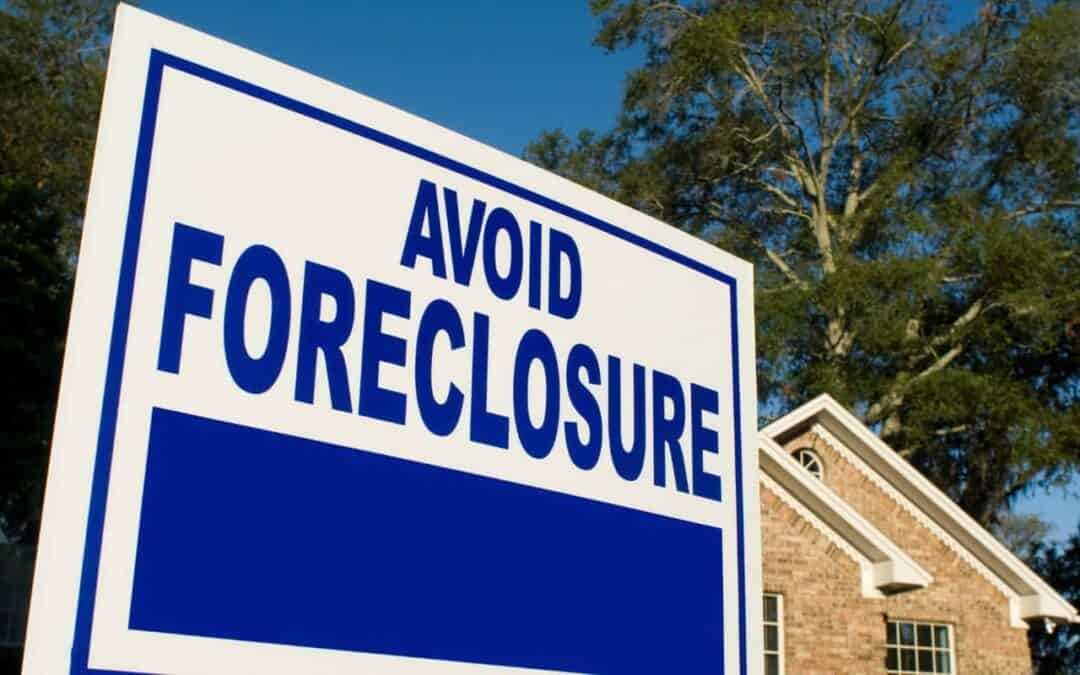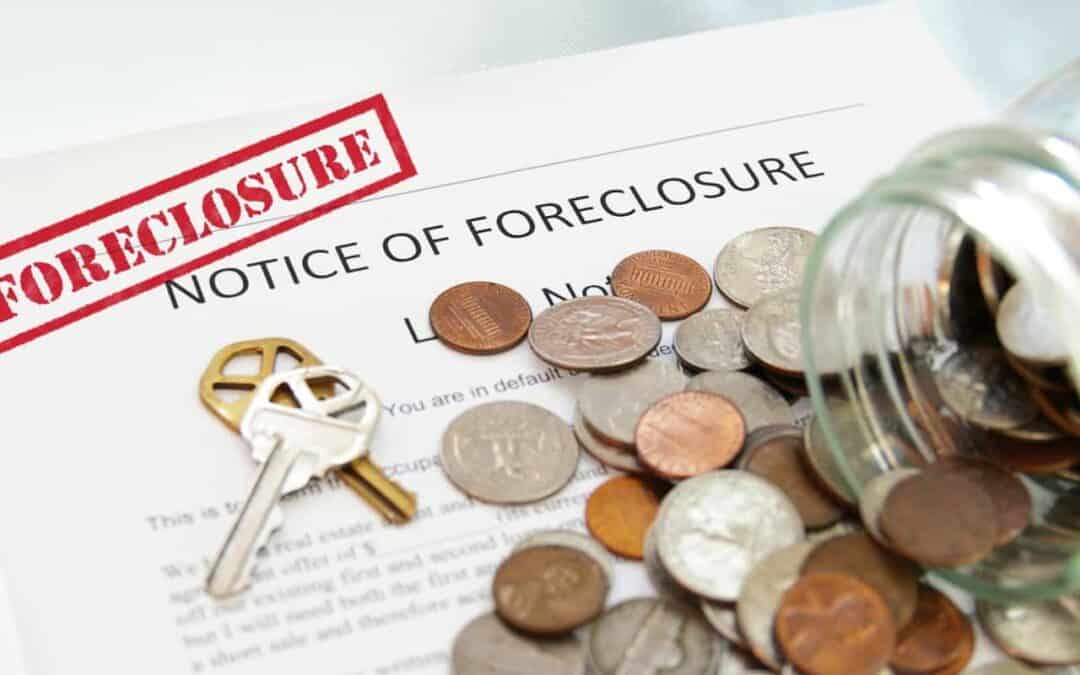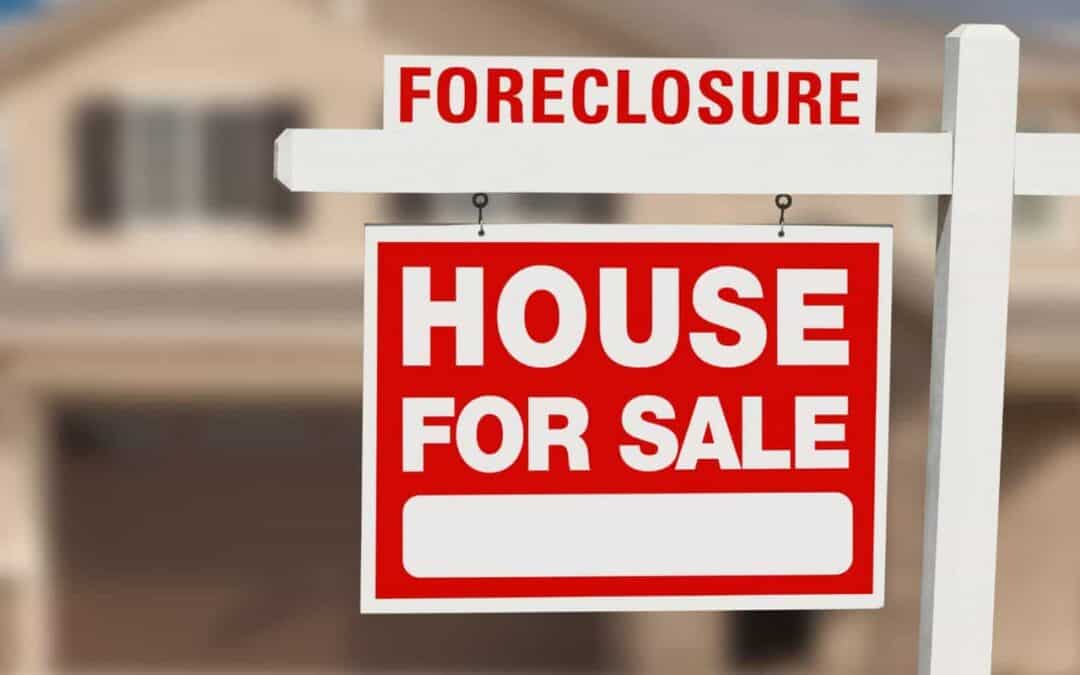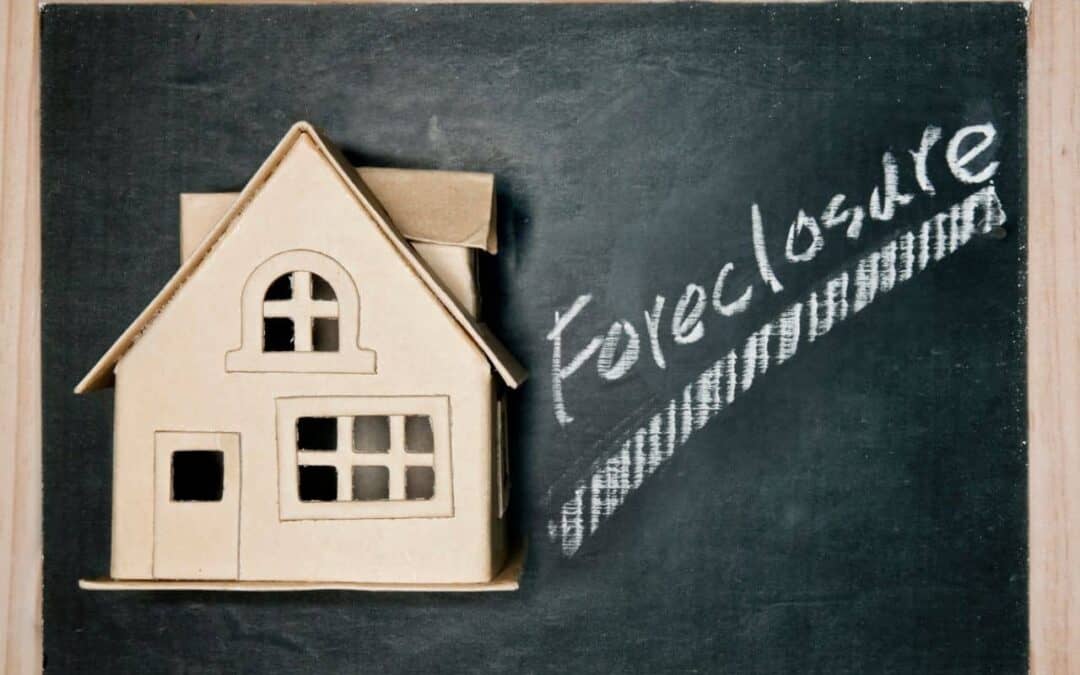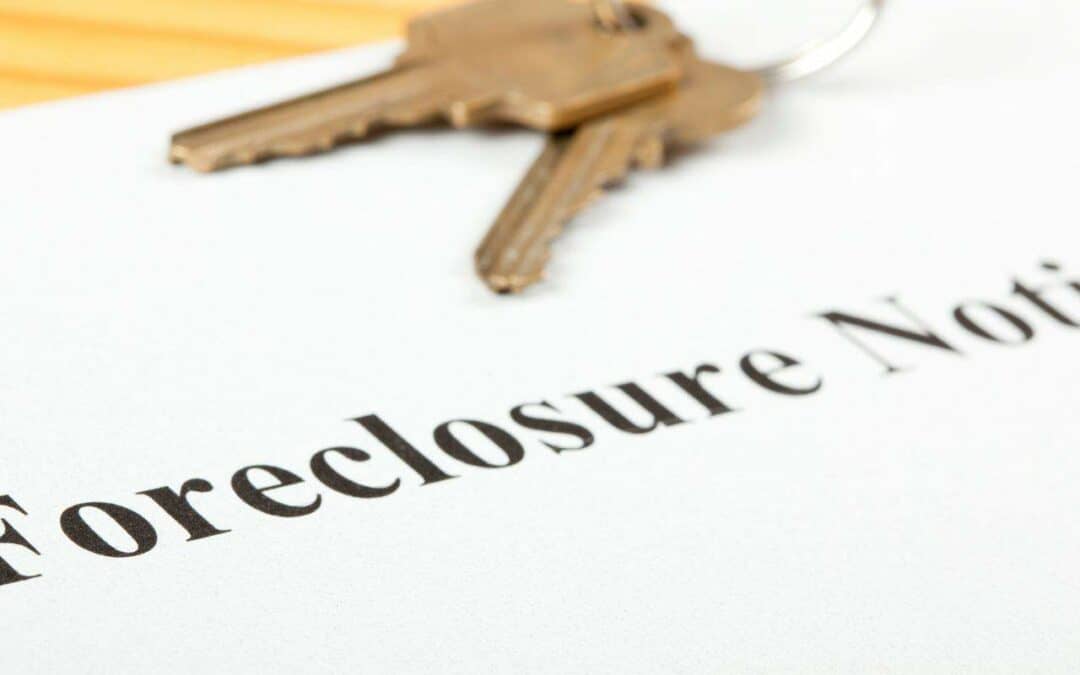Uh-oh. You were planning to sell your house soon, but there’s one nasty surprise you have to deal with first — it turns out your home has property code violations. Property code violations are a major setback on your journey to selling your house, but not to worry.
If you’re wondering, “Can I sell my house with code violations?”
The answer to that question is a resounding yes! You are allowed to sell your house with code violations. In fact, there are a number of options you can pursue on the journey to selling your property, despite its code violations.
Keep in mind, however, that it is important to be upfront and honest with any potential buyers about any code violations on your property. The law requires a seller to let the buyer know about all code violations in a property. Failing to do so will hold you responsible for any financial loss your buyer might acquire from purchasing your property, and hurt your reputation as a credible seller in the long-run.
So, pay attention to the first thing you need to do when you are planning to sell a house with code violations:
Get in touch with a local realtor who can help you assess and address the violations.
It can be a confusing process to deal with code violations. Asking the help of a local realtor will help you deal with the issues that arise from the violations quickly and efficiently. Your local realtor can likely connect you with a violation code officer who can point out how your property is not up to code and not complying with sanctions. Realtors can also help you negotiate with violation code officers regarding the severity of your offense, and can help you get your house in compliance before you plan to sell your property.
After dealing with code violation officers, you have a number of options to sell your house with code violations:
Option 1: Resolve the non-compliance issue and continue forward.
A good solution to your code violation issue will be to make sure the property is up to code as soon as possible. But, this does come with its own drawbacks.
Fixing up the property to ensure that it is up to code may or may not cause extra expense. Depending on how big the issue is and how it will affect the value of your property, resolving code violations might or might not be the best option for you.
You will have to weigh in all the pros and cons of compliance in relation to your situation. If you’re hoping to sell your house fast, addressing the code violations might not be the option for you. Unless it’s an easy fix, addressing property code violations may derail your plans and only add to your expenses.
But what if you could h
Option 2: Offer credit at closing to offset a buyer’s expenses to fix the violation.
A buyer might be willing to foot the bill to fix property code violations, and there are a few options you can take to ensure that a type of deal like this won’t scare them away.
One way to do so is to offer credit that offsets expenses made to fix property code violations. Of course, the credit should be equivalent to the cost of repairs. Many buyers are amenable to deals like this, especially if they do take a liking to the property.
However, this is a fix best-suited to violations that do not threaten the health and safety of any property occupants. Violations pertaining to home or plumbing repair expenses might work for this, but not any violations that could cause harm if unaddressed. Buyers might be more unwilling to foot the bigger expense it will take to fix or rectify any harmful non-compliance issues, and you as the seller might not want to offer credit at an amount equivalent to that.
If that’s the case, then option number three might be the best bet for selling your house with code violations.
